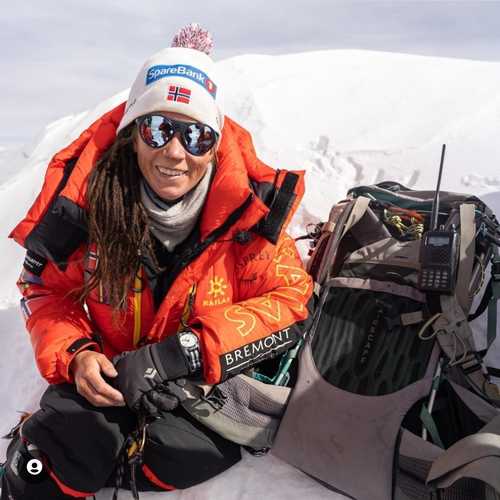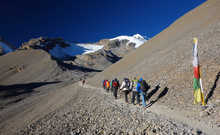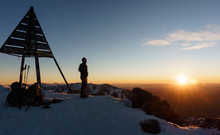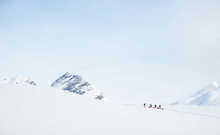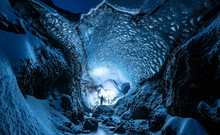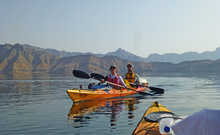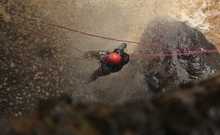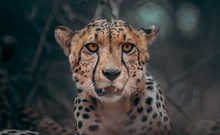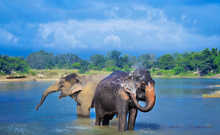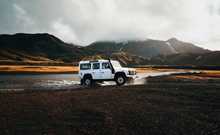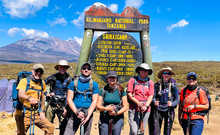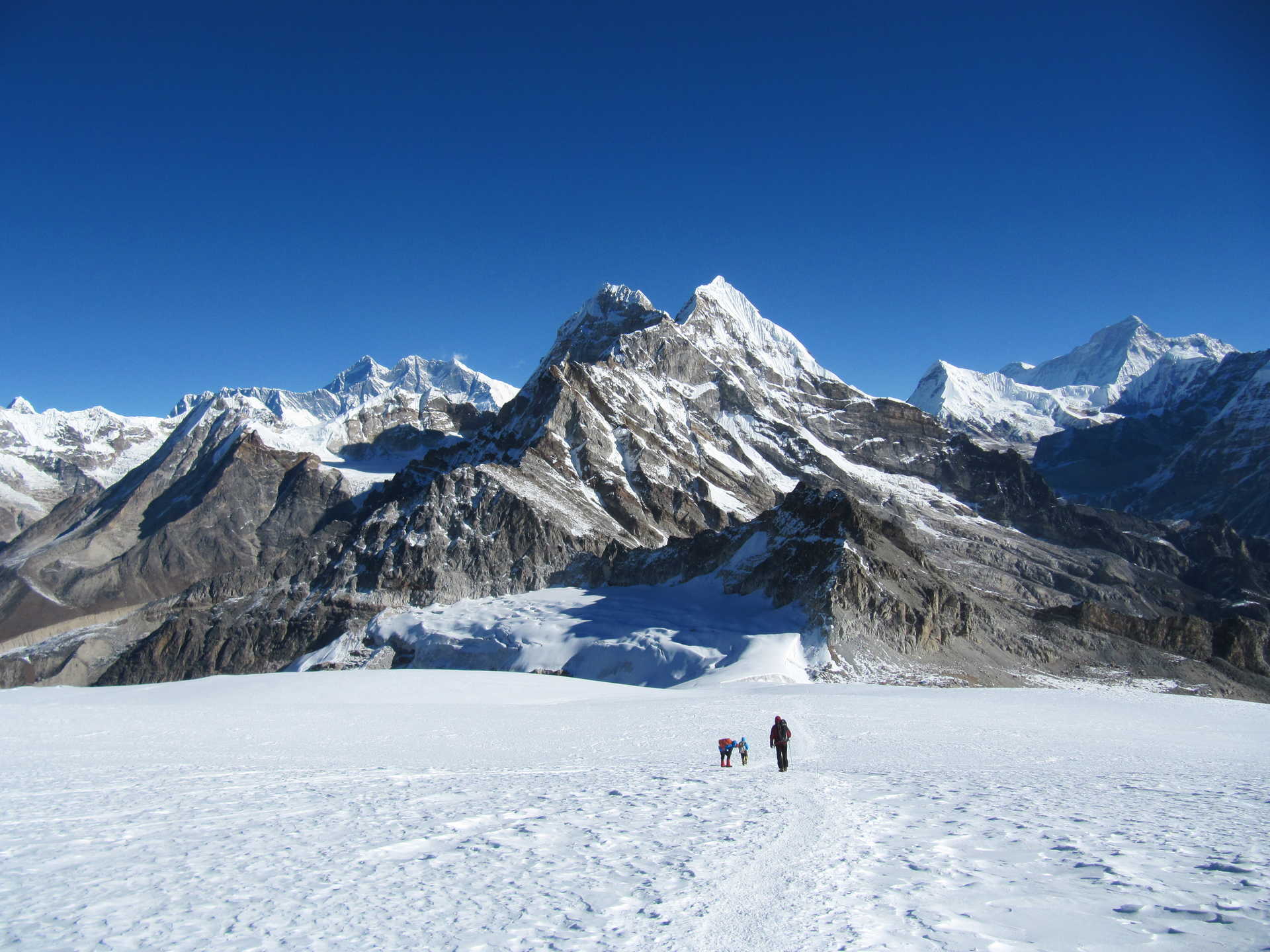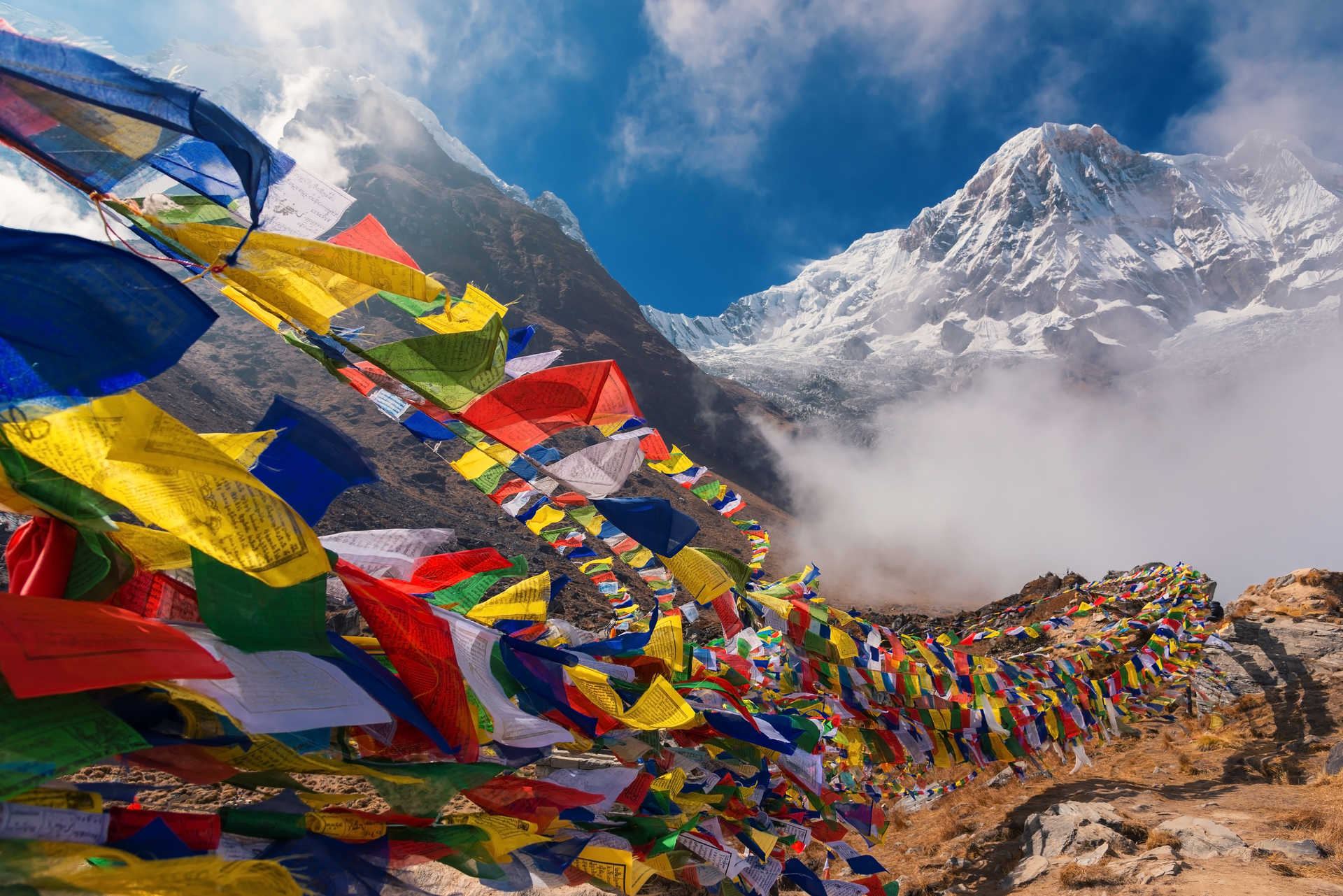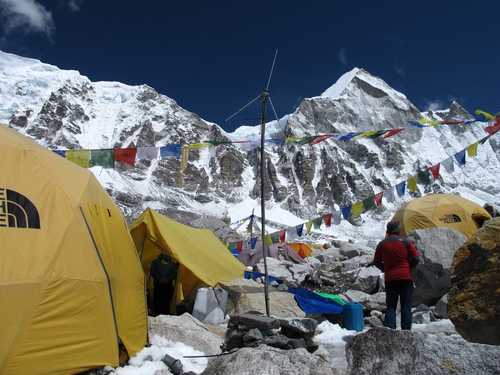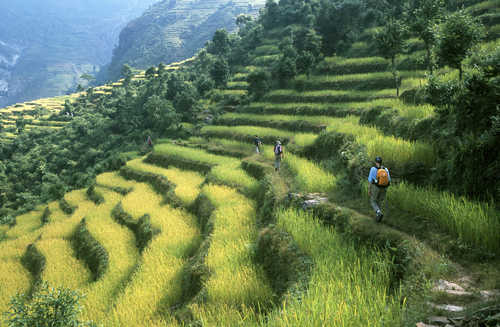The system for booking internal
flights in Nepal is unlike anywhere else in the world and this can cause
confusion and frustrations. When an internal flight is booked in
Nepal it is booked for a particular day NOT for a day and a time. You cannot
book for a particular timed flight. For each itinerary, eg Lukla, Pokhara
etc the airlines run shuttle planes many times daily, with the number of
planned flights reflecting booked volumes. When a booking is made, you are
allocated to the airlines passenger departure list for that day and then
allocated a flight based on when you booked. The first person to book KTM-Lukla
on any date will be on Flight one. The further down the list of bookings you
are the higher your flight number will be.
For example, if you book with Tara
Airlines and book reasonably far ahead you might be on Tara Flight 3. What this
means is that at the start of the day Flight 1 will leave as soon as conditions
at KTM and Lukla are safe for take-off and landing.
Once Flight 1 departs, Tara may have
a second plane on this itinerary so Flight 2 may depart quite quickly. Flight 3
though will then be the same plane that went out on Flight one so it has to go
to Lukla and then return to KTM before you can depart, so there will be a wait. If there is bad weather at Lukla, all
flights will be delayed. This might be for an hour or it may be all day and at
any point until late in the afternoon nobody will know if any flights are
going.
If you book late, and are on Tara
Flight 7 there is a much higher risk, if there are any delays, that your flight
will not go at all. An added confusion is that the airlines only have stamps
with which they mark a boarding pass up to 4 so flight 5 becomes flight 1 again
on your boarding pass although the airline knows which flight is which. Inevitably this process is
time-consuming and frustrating as you need to be at the airport early and then
may have to wait all day before being told your flight is not leaving that day.
Please also note that there are no
allocated seats on the plane so clients will not be given a specific seat
number. On the Lukla flight there is a rush to get seats on the left hand
side outward bound and to get seats on the right on the return as these offer
the view of the Himalaya.
Please accept that delays at Lukla
and what appears to Westerners as total chaos is beyond our control and is the
same for all tour operators and travelers.
Flight
safety in Nepal
You should be aware that flights in Nepal have a poor safety
record compared to international flight standards. In 2013, all carriers from
Nepal were put on an aviation banned list, preventing them from flying in EU airspace.
This ban does not mean that these airlines are prevented from flying in Nepal,
nor does it mean that an EU national cannot fly with one of these airlines.
Since the ban, some airlines have been proactive and have retained an
independent aviation safety expert to audit their operations. Wherever
possible, we use one of these airlines.
Flight
Delays
The majority of our trekking itineraries in Nepal involves a
domestic flight. Airfields such as Lukla are among the most remote and
difficult to land on in the world and are a challenge for even the most
technically proficient pilots. It is not uncommon for bad weather to cause
lengthy delays, as the airport will be closed if the cloud cover is too great.
We include one day back in Kathmandu as a contingency in case flights to or
from Lukla are delayed but we recommend you also consider one of these options:
• Book
an international flight with a flexible ticket that can be changed at no cost
• Book
further days in Kathmandu as contingency days
• Be
prepared to pay for the cost of a helicopter which can fly in bad weather
(around US$300-500 per person)
Please be aware that in the event of a delay that affects
your onward international flight, you will be responsible for re-booking and
for any associated costs. These costs should be recovered from your insurer.
Flight changes during Peak Season
Please note that during peak season (October - December) domestic flights will depart from Ramechhap rather than Kathmandu. Ramechhap is a 5-6 hour drive from Kathmandu and as this is a national alteration concerning all domestic flights to the Everest region, flight companies will provide transfer buses to Ramechhap from Kathmandu. The change has been implemented to put less stress on Kathmandu airport as the number of domestic flights to Lukla increases with the popularity of the region. This will only affect trips to the Everest region not Annapurna. If your trip overlaps the dates these are implemented, you may find that you fly into Lukla via Kathmandu but return via Ramechhap.
Unfortunately, in classic Nepalese style, the exact dates this will affect will not be released until a few months prior to the trekking season starting so we aren't yet able to provide dates this will affect in 2024.
